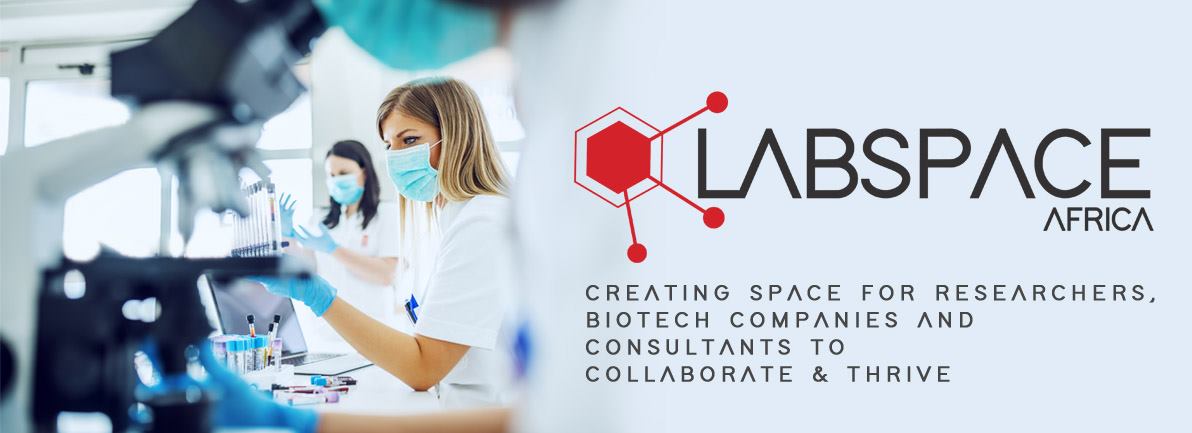LCMS
Climatic chambers

BIOBANKING
Research projects and clinical trials depend on biological samples as the backbone. Research samples as well as trials that are backup samples are kept often for future analysis. It is important to safeguard these samples in case of future research or for analysis. LabSPACE Africa offers long-term storage units that can be stored at various temperatures (5degC, -20degC, -80degC and -160degC). Once received at our lab, samples are marked with cryo labels to be stored in conventional (2ml) cryo boxes and uploaded to our cloud-based LIMS. Beyond Wireless remotely monitors temperature and supplies backup power.